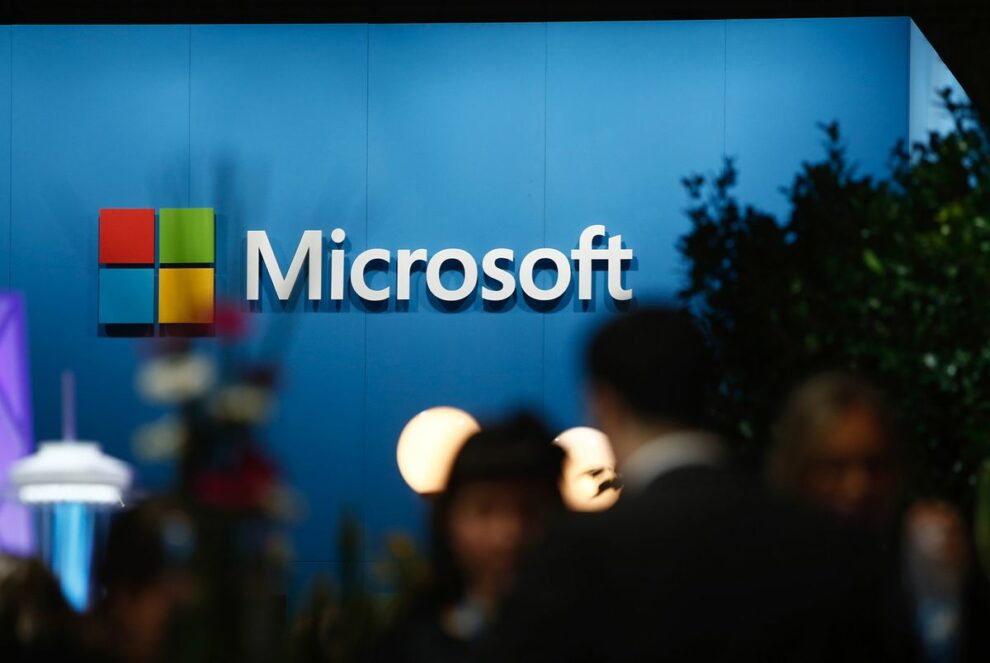Microsoft’s search engine Bing debuted its AI feature this past week to much controversy. The search engine uses ChatGP, AI-software that’s caused buzz throughout tech and a fair bit of controversy that’s only likely to increase after Microsoft debuted the product to mixed reviews.
The unreliability of the responses provided by the Bing AI-boosted search engine is raising further issues of trust around Big Tech and a host of questions about its future.
Users found that search-engine answers provided by Bing’s AI were often false and laden with conspiracy theories, or just didn’t make any sense. This, after Google invented the tech behind AI. Microsoft wants to cut into Google’s market share even if only by a bit and compete with them across platforms such as cloud and other software.
The inherent limitation is that AI can arrange words and passages it culls from the Internet, but it can’t contextualize them or decipher fact from fiction. Academics also have concerns over the prospects of increased plagiarism.
Experts say that this technology is still niche and not ready to be used on a broad level due to aforementioned concerns. The chat bot’s creator, OpenAI, has recognized this openly and stated as such. With Microsoft already choosing to unveil the AI bot it in its nascent stages and Google plotting to blend it full-scale into its search engine, the question of readiness might be irrelevant.
One way Google and Microsoft seek to address any potential issues is by using citations for sources. However, experts are concerned that citing sources in this way would still mean that erroneous sources would be used, as users will probably not take the time to verify the sources’ veracity. So, the concern over misinformation would remain.
Experts say that even though AI is in its nascent stages, companies like Microsoft are introducing it in order to lure people onto their other platforms while demonstrating that they’re comfortable competing on the cutting edge of technology.
Source: MIT Algorithm newsletter












